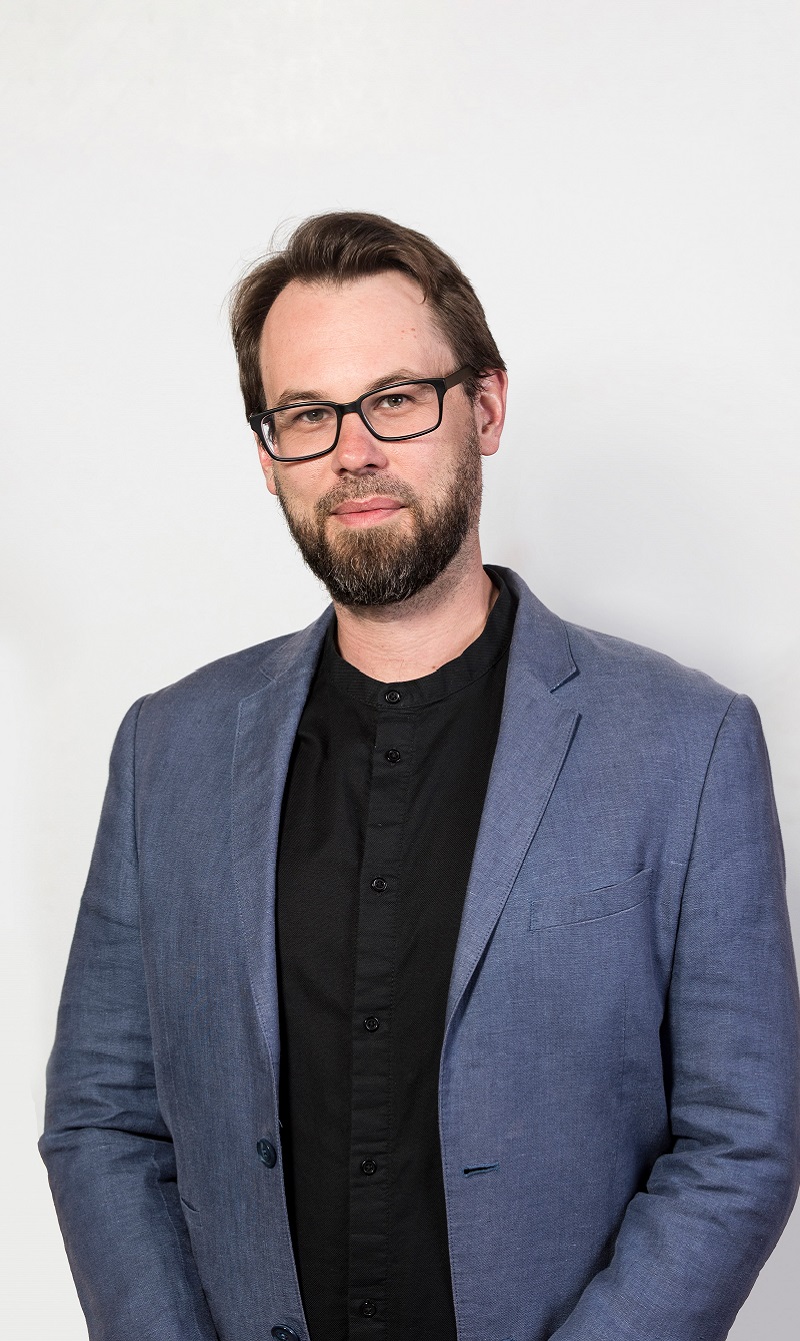Youth startups, future markets and social profits
New generation startups tend to be driven by a social cause, but how can they balance being beneficial to society and profitable at the same time? During the 11th WIEF in Kuala Lumpur, four speakers discussed the era of social entrepreneurship and how they should be made by the masses not just for the masses to help create more jobs.
In a world where social responsibility has become the passion that drives the new generation, young entrepreneurs face the challenge of building a business that is not just profitable but beneficial to society and the environment. How can youth startups achieve this fine balancing act? What can be done to help them and what part can corporations and governments play?
Four speakers at the 11th WIEF Forum in Kuala Lumpur; Dr Shariha Khalid, Co-founder of Impact Hub Kuala Lumpur, Malaysia,; Osama Manzar, Founder and Director of the Digital Empowerment Foundation, India; Sangu Delle, the Founder and Chief Executive Officer of Golden Palm Investments, Ghana; and Muhammed Fazeel, Founder of Benecure from the United States, shared what they thought of social enterprises and how they could make profit.
The era of the social entrepreneur
Dr Shariha Khalid, Co-founder of Impact Hub Kuala Lumpur, Malaysia, said that the drive for social profit was giving businesses a different perspective — they had to pay attention not just to their financial bottom lines but also to their impact on people and the planet. She added that youth startups were suited well to this trend: ‘Because of the different problems that exist in the world today, and also because of the connectivity of young people across the globe, now is actually one of the best times to become a young social entrepreneur. There is so much support and interest in enterprises that are driven by young people.’
Osama Manzar, who is Founder and Director of the Digital Empowerment Foundation, India, outlined a “new era” in business that would unlock the potential of the rural poor by valuing their knowledge and skills, such as in handicrafts. ‘What we went through in the past 50 years of development was driven by profiteering, exploitation and making products for the masses. I think we are now going into an era where the products should be made by the masses and not just for the masses.’
Osama cited the example of a programme he was involved in, working with 3,500 silk weavers in central India. The project introduced digital technology to help not just with design and production but also with opening up markets. In the five years since the programme was launched, average family incomes have risen from USD50 to USD250 a month.
‘They didn’t have any knowledge about the market; they didn’t know where to sell the product; they didn’t have control over the price of the raw materials; and they didn’t have control over the design itself—everything was controlled by middlemen. Now, because of transparency and information flow, the entire thing has changed and everybody has benefited,’ he said.
End goal: social impact
Sangu Delle, the Founder and Chief Executive Officer of Golden Palm Investments, Ghana, also shared an example from his home country: he was involved in a water and sanitation project, and when he asked community members what they most wanted, ‘I expected people to say, “give me a sack of money” or build a school, a hospital or something of that sort. But the response stunned me. They said “we want jobs”. I suddenly realised that job-creation was the most sustainable means of having an impact. In the past, you saw a lot of effort focused on charity and hand-outs. But now, there is a greater emphasis on how we look at business and social enterprise as ways through which we can solve problems.’
Muhammed Fazeel, who heads up Benecure—a healthcare startup he founded in the United States in 2012—outlined his motives for establishing a business that was not driven solely by profit: ‘We didn’t necessarily set out by saying that we wanted to focus on social profit. It’s just something that happened to us. ‘Having said that, there are a lot of advantages for an entrepreneur to focus on an entity where the end-goal is social profit. When we hire, we get incredibly smart people. The reason they come is “hey, you know what, he is going to make an impact. He is going to make the world better”,’ Muhammed said.
It’s everybody’s business
The discussion then moved to the interaction between existing businesses and youth startups, and whether they could or should work together to achieve a social impact. Dr Shariha explained why there was currently so much corporate interest in startups: ‘Agility and innovation, creativity, the courage to fail, that is what startups do best. For corporations that are inclined to work with startups, they want to learn something—but startups are also possibly a model for them to test new innovations that could make sense for their core businesses.’
Osama argued that corporations could not innovate because they had to pay too much attention to their bottom lines. At the same time, however, big businesses wanted to be seen as socially responsible, and engaging with youth startups was a way to marry profitability to social impact. ‘There is a realisation that youth are more capable of innovation and there is a hunger for innovation. There are more and more people who are trying to create an enterprise that has to be socially conscious,’ he said.
Sangu disagreed that young people or startups were naturally more innovative than large corporations, citing several examples of companies—such as the US tech giants Apple and Google as well as and African telecommunications company Safaricom—that have proven highly adept at innovation. ‘I don’t think innovation is necessarily just limited to youth or to startups and I don’t think it is even limited to corporations. I would argue that some governments have been examples of innovation. The Government of Rwanda has been an extraordinary example of public entrepreneurship,’ he said.
Sangu also disputed whether startups needed to engage with corporations or venture capitalists to get funding. Thanks to the Internet, he said, there had been a “democratisation of capital”, most notably through crowdfunding. Muhammed, however, argued that corporations had been the best source of finance for his enterprise: ‘It has nothing to do with my age or the fact that I am a startup. It is just because I am working on something that is interesting, which they might not have looked at. The reason I have the agility to do that is because I am a small entity.’
Dr Shariha said that governments had a part to play in encouraging social enterprises and youth startups through a variety of methods including direct investments, tax breaks and project co-ordination, but she added that it would be a mistake to be too reliant on the public sector. ‘We need to move away from a dependence on governments alone to deliver social outcomes. On the same note, we should not rely on social entrepreneurs alone to deliver those same outcomes. It really has to be a collaboration—a partnership among multiple sectors to enable social outcomes to be realised,’ she said.
Q&A
Q: When you present your idea of having social impact to a potential investor, what kind of language should you use to identify the common ground between the organisation’s responsibility to the investor and its responsibility to its constituency?
Sangu: I will tell you straight away that the impact is great, but what is the business model? How are you going to monetise? Where do you get your funding pool from and how do you ensure that it is self-sustained on an ongoing basis?
At a glance:
1 – Businesses that concentrate purely on profit without considering their social and environmental impact are less and less tenable.
2 – Development is moving away from hand-outs to economic opportunities delivered by socially responsible enterprises.
3 – Corporations are engaging increasingly with young entrepreneurs as a way to improve their social responsibility and also to benefit their core businesses.
4 – Youth startups have various strengths—such as size, agility and ability to innovate—but often lack funding, sound business models and enabling environments.
5 – Young entrepreneurs must pay attention to both profit and social impact if they are to build sustainable social enterprises.
___________________
This report is based on a session from the 11th WIEF in Kuala Lumpur.





